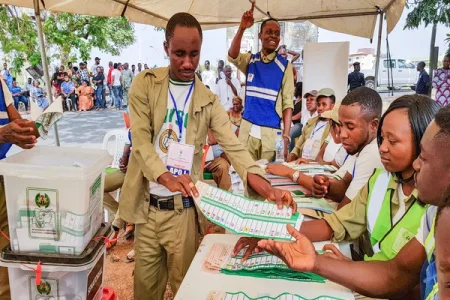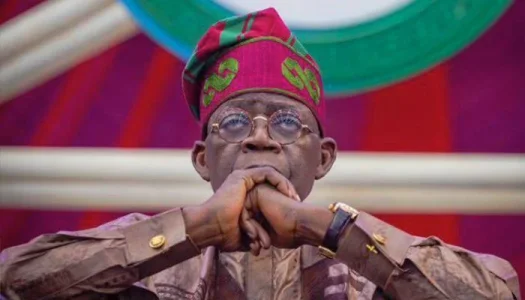
Supreme Court ruling prompts 13 Nigerian states to schedule local government elections, emphasizing independent fund management and democratic processes. States set various dates from August 2024 to February 2025.
Supreme Court ruling prompts 13 Nigerian states to schedule local government elections, emphasizing independent fund management and democratic processes. States set various dates from August 2024 to February 2025. The decision impacts local governance, potentially enhancing grassroots democracy and efficient fund management. Some states face challenges in implementation.
In a landmark ruling, the Supreme Court of Nigeria has prohibited federal allocations to local councils managed by caretaker committees, prompting at least 13 states to rush and set dates for local government elections. The judgment, delivered by Justice Emmanuel Agim, emphasizes that the 774 local government councils in Nigeria should manage their funds independently and be democratically elected.
The affected states include Kaduna, Kogi, Bauchi, Katsina, Osun, Enugu, Benue, Rivers, Jigawa, Imo, Kebbi, Abia, and Anambra. Each state has responded differently to the ruling, with Kaduna and Kogi both scheduling their local government elections for October 19, 2024. Bauchi has set its election for August 19, while other states have chosen dates ranging from August 2024 to February 2025.
The Supreme Court's decision underscores the importance of the three-tier government system in Nigeria: federal, state, and local. It explicitly bars state governors from appointing caretaker committees, dissolving democratically elected local councils, or interfering with local government funds.
In response to the ruling, the finance minister and the attorney-general of the federation have scheduled a meeting with Federal Accounts and Allocation Committee officials to discuss implementation strategies.
However, not all states are proceeding smoothly with election preparations. In Ondo State, the local council election has been postponed due to political parties' non-compliance with election guidelines. This has led to accusations from the opposition People's Democratic Party (PDP) that the postponement is due to the declining popularity of the ruling All Progressives Congress (APC).
As states scramble to organize these elections, the Supreme Court's ruling is set to significantly impact local governance, potentially enhancing democratic processes at the grassroots level and ensuring more efficient management of local government funds.



